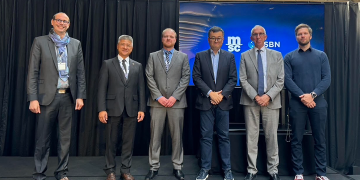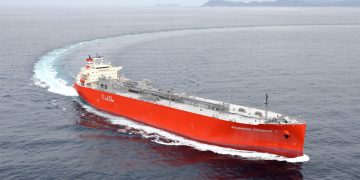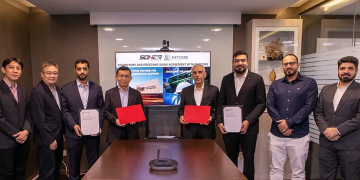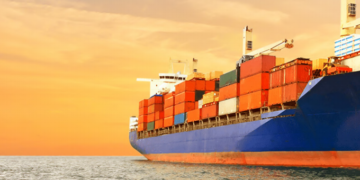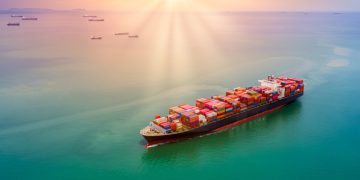IMO agrees efficiency measures for new ships
Energy efficiency design standards on new ships from 2013 The International Maritime Organisation (IMO) agreed to force energy efficiency design standards on new ships from 2013, but developing countries will probably delay implementation until 2017 or 2019.Forty-eight countries voted in favour of adopting a mandatory energy-efficiency design index (EEDI) for new ships at a meeting of the IMO's marine environment protection committee in London on Friday, while five were against and 12 abstained, sources said.More extensive market-based measures such as a levy on the heavily-polluting bunker fuels used by most ships, or their inclusion in carbon trading, were not discussed at the meeting.The deal does not contain any CO2 emissions reduction targets, and is eventually expected to slow rather than reduce the growth of maritime CO2 pollution.The IMO says that shipping currently accounts for around 3.3% of global carbon emissions, but other studies put the figure as high as 5%.According to an IMO study, shipping emissions could grow by 150 to 250% by 2050 without regulation.The EEDI will force new ships to meet a minimum level of energy efficiency. Ships built between 2015 and 2019 will need to improve their efficiency by 10%, rising to 20% between 2020 and 2024 ...
Read more






